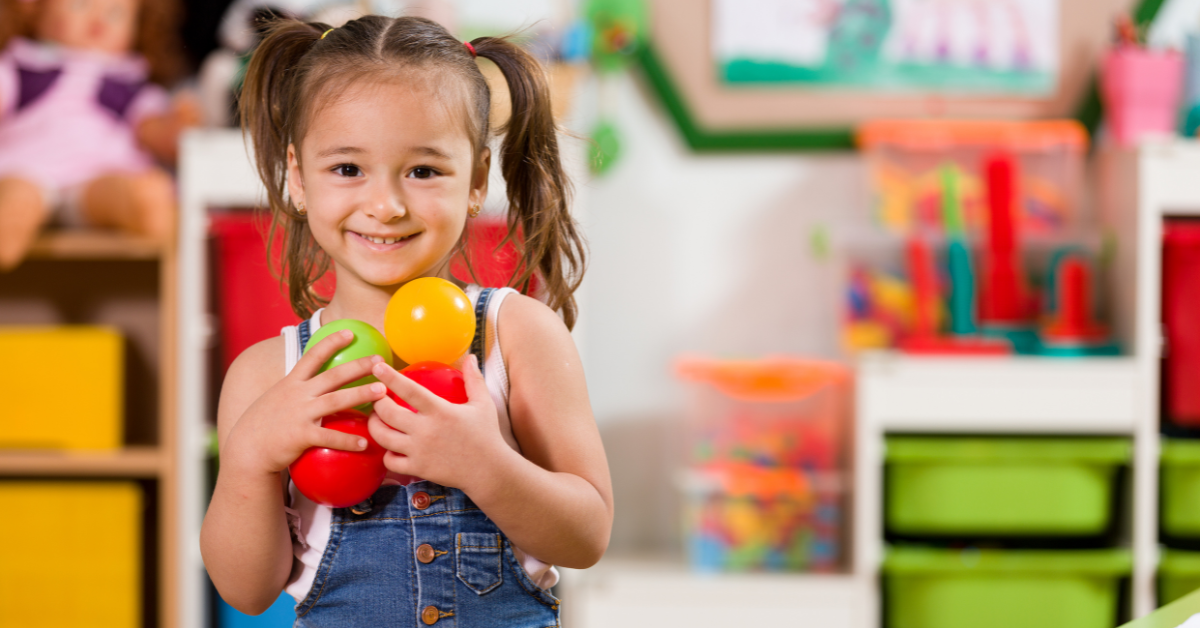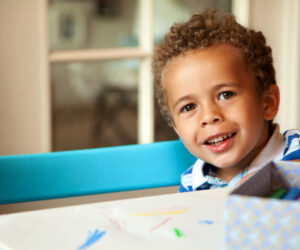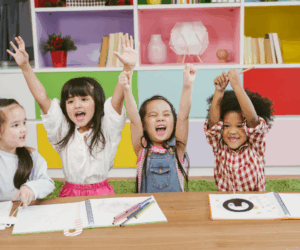5 key skills children acquire in preschool

A private preschool serves as a crucial steppingstone in a child’s educational journey, providing an environment rich in social, emotional, and cognitive experiences. Beyond mere preparation for formal schooling, preschool plays a vital role in shaping a child’s development by fostering essential skills that serve as building blocks for future learning and success. What are those skills? Keep reading to discover.
1. Social skills
At a preschool children learn to interact with peers and adults outside their immediate family circle. Through group activities, playtime, and structured lessons, children develop crucial social skills such as sharing, taking turns, and cooperating. They learn to navigate conflicts, express their feelings, and develop empathy towards others. These early social interactions lay the groundwork for building positive relationships, teamwork, and effective communication throughout their lives.
2. Emotional regulation
The right preschool will provide a safe and nurturing environment where children learn to identify and regulate their emotions. Through guided activities and supportive guidance from teachers, children learn to understand and manage their own emotions as well as empathize with others. This will help them navigate the challenges they’ll encounter in school and beyond.
3. Cognitive development
A private preschool curriculum is designed to stimulate cognitive growth and intellectual curiosity. Children engage in activities that promote critical thinking, problem-solving, and creativity. They explore concepts such as colors, shapes, numbers, and letters through hands-on experiences and playful exploration. Preschoolers develop foundational literacy and numeracy skills, laying the groundwork for later academic success. Moreover, they cultivate curiosity, imagination, and a love for learning that will drive their educational journey in the years to come.
4. Fine and gross motor skills
Preschool provides ample opportunities for children to refine their motor skills. Through art projects, toys, and outdoor play, children enhance their hand-eye coordination, dexterity, and balance. They learn to use scissors, hold pencils, and manipulate small objects with precision. Physical activities such as running, jumping, and climbing contribute to the development of gross motor skills, strength, and spatial awareness. These physical abilities promote overall health and well-being.
5. Independence and self-confidence
Preschool encourages children to explore, experiment, and assert their independence in a supportive environment. They learn to make choices, follow routines, and take responsibility for their actions. As they accomplish tasks and achieve goals, their self-confidence grows. Preschool teachers provide encouragement and praise, fostering a positive self-image and a belief in their abilities. This sense of confidence and independence forms the bedrock of their personal and academic development.
Having read this, you can see that a private preschool is much more than just a place for childcare or academic preparation, it’s a dynamic learning environment where children acquire essential skills that shape their future success. From social and emotional development to cognitive growth and physical coordination, preschool lays the foundation for lifelong learning and well-being. By nurturing these key skills, children will be equipped with the tools they need to thrive academically, socially, and personally, setting them on a path toward a bright and promising future.



